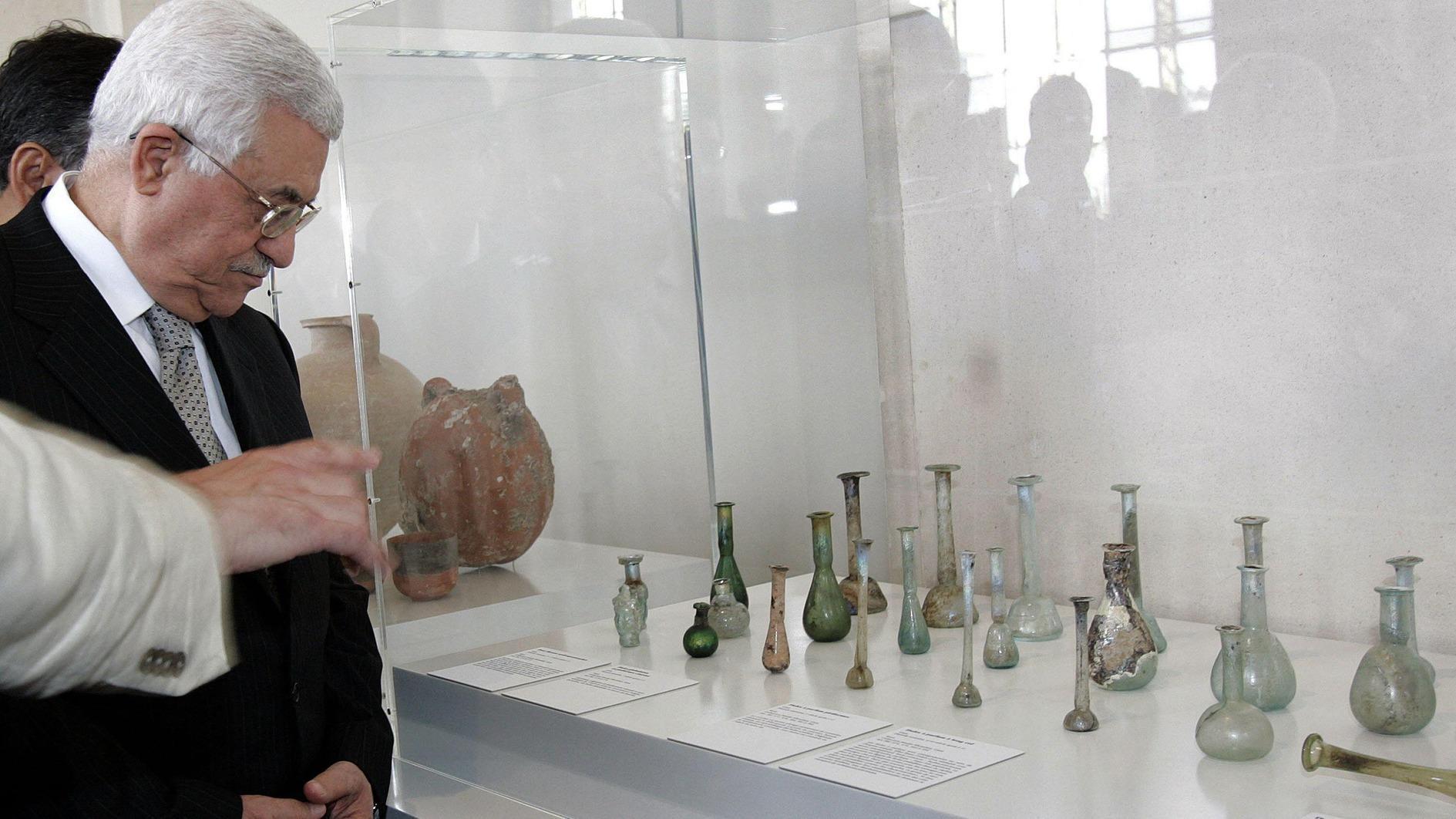Why don’t women work in Turkey?
Women in Turkey just don’t work. Our country has the lowest female labor force participation rate among the OECD, including Mexico and Korea. Below 30 percent, Turkey’s female labor force participation rate is like Ireland’s in 1981. Turkey ranks lowest even among Muslim-majority countries. What is the problem? Why don’t women work in this country?
Let me cut the ideological bull here. Turkey has been changing rapidly since Turgut Özal’s policy reforms in the 1980s. The sleepy agricultural economy of that time has transformed into a mid-technology industrial economy. Exports have risen from 3 billion to 130 billion dollars, and inflation has declined from double to single digits. Ankara’s sparsely populated steppeland has turned into urban sprawl, not to mention Istanbul’s roaring 24-hour lifestyle. But through all this time, women have stayed home. Our female labor force participation rate is today around 23 percent. In these three decades of rapid structural change, Turkey has had two constants: Firstly, Turks cannot speak English. No change there. Secondly, women don’t work. I have talked about Turkey’s English deficiency before, so let me focus on the second one today.
Let me start with some mind-boggling statistics. In a table titled “Female labor force participation rate has increased” from 1980 onwards, the OECD singles out Turkey as the only country where that rate has declined! It gives the impression that Islamists in government caused the decline. Wrong. Urbanization and statistics methods are the real culprits here. The urbanization rate has increased from 30 to 75 percent from 1960 to 2010. During this migration, Turkey’s statistics office recorded a certain percentage of women in rural areas as working, while it only estimated the rate in urban areas. Now that the country has largely urbanized, we all found out just how low women’s participation rates are.
But why? Let me give you three reasons. One is that the low female labor force participation rate is commensurate with the low level of women’s education. That means that there is a significant skills gap between men and women. The average Turk is a high school dropout, but the situation gets even worse for the women: Female schooling at the secondary level is a meager 66 percent. Keep in mind that whenever there is a skills gap, there is a wage differential. The second issue is directly related to the low level of women’s wages. If the wage rate is low, women have less incentive to leave domestic chores to outside help. Hiring some help for household chores and childcare is almost impossible at lower wages. Add to that Turkey’s haphazard social support system, and all women are left with is taking care of the household and collecting the welfare money flowing around social distribution networks. Hard work by any measure.
Third is Turkey’s poor urban infrastructure, which makes it difficult for women to get about. Take Ankara, for example. The capital’s public transport system is severely overcrowded and in disrepair. The light rail system is behind even that of Lagos, in Nigeria, which has more stations. How about sexual harassment? Turkey is the only country I know of where Fordism (fordçuluk) does not only mean a form of modern economic and social system. You’ll have to Google the other meaning. In a TEPAV survey at the beginning of the year, 36 percent of the women surveyed identified public transportation as the major issue for women in cities. When asked about her number one issue, one woman noted, “I cannot make up my mind between public transport and street lighting. After the bus, I need to walk home and the city lighting is so poor that I do not feel safe.” Here is the third reason for you.
Women in Turkey do not work. I think that our cities are simply not women-friendly environments. No wonder Turkey was ranked 116th in the Newsweek/The Daily Beast survey of the best and worst places for women. Cambodia, Indonesia, Malaysia, Peru and Tunisia are all better than Turkey in this list of 165 countries. Let me finish with a positive touch: Turkey is ahead of Saudi Arabia, Yemen and Afghanistan.











